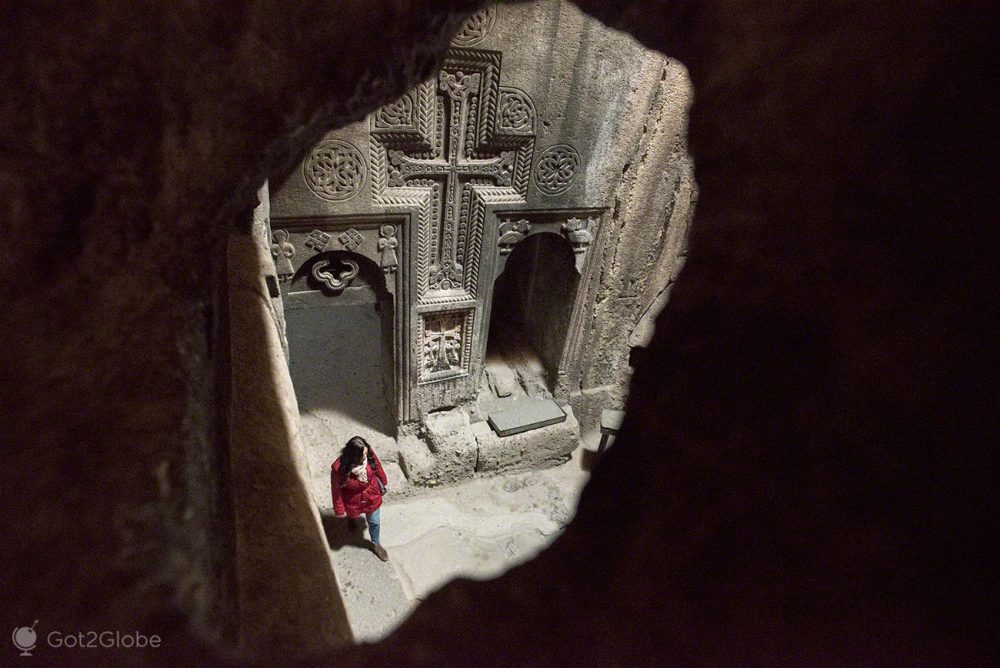Rev. José Mario O. Mandía
jmom.honlam.org
The Epistle to Diognetus (also called the Epistle of Mathetes to Diognetus) is believed to have been written sometime during the second century (Sub-apostolic age). It is the earliest existing Christian apology and comes in the form of a letter where an anonymous author explains the new religion to his pagan friend.
The letter has twelve short chapters. The author first addresses his friend Diognetus, who was inquiring about Christianity. “You have so carefully and earnestly asked your questions about them: What is it about the God they believe in, and the form of religion they observe, that lets them look down upon the world and despise death? Why do they reject the Greek gods and the Jewish superstitions alike? What about the affection they all have for each other? And why has this new group and their practices come to life only now, and not long ago?”
He explains the errors of paganism (chapter 2) and the superstitions of the Jews (chaps. 3-4). He then reveals the way Christians live and how they relate to the world (chaps. 5-6), then talks about the coming of the Messiah (chaps. 7-9), then finally about faith, knowledge and spiritual life (chaps. 10-12). We are particularly interested in his description of the early Christians because it continues to be a pattern of behavior for our times.
The Epistle attests that “Christians are distinguished from other men neither by country, nor language, nor the customs which they observe. For they neither inhabit cities of their own, nor employ a peculiar form of speech, nor lead a life which is marked out by any singularity.” They live in “Greek as well as barbarian cities, according as the lot of each of them has determined, and following the customs of the natives in respect to clothing, food, and the rest of their ordinary conduct.” In other words, Christians blended into the society in which they were living. Their exterior appearance and manner of life was the same as that of everybody else.
Nonetheless, their attitude set them apart from the pagans.
“They dwell in their own countries, but simply as sojourners. As citizens, they share in all things with others, and yet endure all things as if they were foreigners. Every foreign land is to them as their native country, and every land of their birth as a land of strangers. They marry, as do all [others]; they beget children; but they do not destroy their offspring. They have a common table, but not a common bed. They are in the flesh, but they do not live after the flesh (cf. 2 Corinthians 10:3). They pass their days on earth, but they are citizens of heaven (cf. Philippians 3:20). They obey the prescribed laws, and at the same time surpass the laws by their lives. They love all men, and are persecuted by all. They are unknown and condemned; they are put to death, and restored to life (cf. 2 Corinthians 6:9). They are poor, yet make many rich (cf. 2 Corinthians 6:10). They are in lack of all things, and yet abound in all. They are dishonored, and yet in their very dishonor are glorified. They are evil spoken of, and yet are justified; they are reviled, and yet they bless (cf. Matthew 5:44; Luke 6:28). They are insulted, and repay the insult with honor. They do good, yet are punished as evil-doers.”
Saint Josemaría Escrivá invariably used the first Christians as a reference point for explaining Opus Dei. “If you want a point of comparison, the easiest way to understand Opus Dei is to consider the life of the early Christians. They lived their Christian vocation seriously, seeking earnestly the holiness to which they had been called by their baptism. Externally they did nothing to distinguish themselves from their fellow citizens” (Conversations with Msgr. Escrivá, no. 24).
But what impact did they have on society? Being “salt of the earth” (Matthew 5:13), they gave flavor to the society in which they were immersed and preserved it from corruption. The Epistle to Diognetus attests to this.
“To sum up all in one word — what the soul is in the body, Christians are in the world. The soul is dispersed through all the members of the body, and Christians are scattered through all the cities of the world. The soul dwells in the body, yet is not of the body; and Christians dwell in the world, yet are not of the world. The invisible soul is guarded by the visible body, and Christians are known indeed to be in the world, but their godliness remains invisible. The flesh hates the soul, and wars against it (cf. 1 Peter 2:11) though itself suffering no injury, because it is prevented from enjoying pleasures; the world also hates the Christians, though in nowise injured, because they abjure pleasures. The soul loves the flesh that hates it, and [loves also] the members; Christians likewise love those that hate them. The soul is imprisoned in the body, yet keeps together that very body; and Christians are confined in the world as in a prison, and yet they keep together the world. The immortal soul dwells in a mortal tabernacle; and Christians dwell as sojourners in corruptible [bodies], looking for an incorruptible dwelling in the heavens. The soul, when but ill-provided with food and drink, becomes better; in like manner, the Christians, though subjected day by day to punishment, increase the more in number. God has assigned them this illustrious position, which it was unlawful for them to forsake.”


 Follow
Follow


